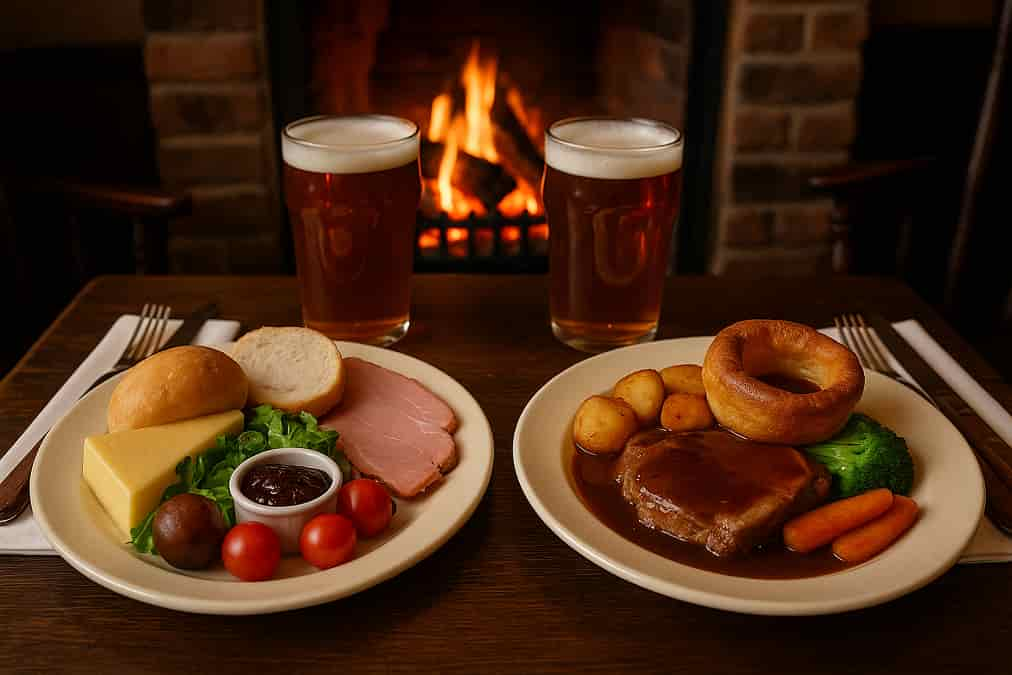The decline of the great British pub
Over the past two decades, the UK has witnessed a dramatic fall in the number of traditional pubs. Since 2000, roughly 25 % of pubs—over 13,600 venues—have closed their doors, resulting in around 45,000 still operating today. But what is behind the decline of British pubs? In England and Wales alone, 412 pubs were lost in 2024, bringing the number of pubs in England and Wales to under 39,000—the lowest recorded. Some regions, such as Scotland, face even more pressure: the number of hospitality venues fearing closure has more than doubled for 2025, with 75 % reporting profit declines and 14 % considering shutting down.
What’s driving closures
Publicans and landlords warn that soaring taxes, energy expenses, rising wages, and increased National Insurance contributions are making survival increasingly difficult. A beloved 300‑year‑old pub in South Wales closed earlier this year due to “insurmountable economic challenges” including rent, wages, and tax burdens. Similarly, the 400‑year‑old Bell Inn in North Devon cited daily breakeven costs of £1,500–£2,000 a day before finally closing. Broader industry analysis confirms these economic pressures are central to the ongoing crisis with inflation and taxes threatening UK’s pubs.
The pub as a community hub
For many UK workers who are the backbone of our nation, the local pub remains more than a place to grab a pint. It’s where friends meet for Ploughman’s lunch, families gather over Sunday roast, fans cheer on their team watching the game on TV, and neighbours reconnect. These venues aren’t just businesses—they are vital community anchors offering warmth, camaraderie, and comfort.
Emerging resilience and hope
Some encouraging signs exist: community pubs in Suffolk have been brought back to life through local initiatives. For instance, ten pubs reopened within an eight‑mile radius thanks to community enterprise, protections against conversion, and grassroots mobilisation Country Life. Meanwhile, certain pubs have seen slight growth: between March 2024 and March 2025, high‑street pubs grew by 4.5 %, even if overall numbers remain well below pre‑pandemic levels.
Why we must act—and how workers can help
- Protect local culture – supporting pubs means preserving social spaces where we meet, relax, share Ploughman’s lunches, treat families to Sunday roasts, or watch a match.
- Echo publicans’ concerns – rising taxes, energy bills, and wage pressures are hitting the heart of the industry.
- Champion community solutions – local ownership models, community asset status, and resilience-focused operations are showing promise.
- Speak with unity – The Workers Union stands with publicans and defends the choice to enjoy the great British tradition of visiting the pub.
TWU affirms its solidarity with publicans and the enduring tradition of choosing to go to the pub. These local institutions serve as more than drinking venues—they are the beating heart of our communities. We call on our members and broader community to recognise their value, advocate for supportive policies, and enjoy the rich, communal experience that only the great British pub can provide.




